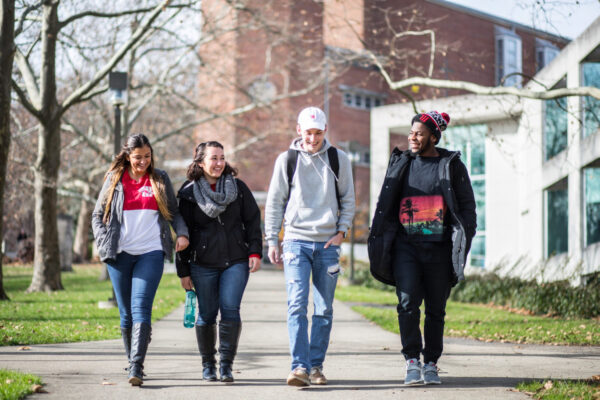Students’ Coping Strategies and Perceptions of How College Has Changed During the Pandemic
Title: Student Wellness During COVID-19: What Role Do Universities Play in Supporting Their Students?
Source: College Pulse
A new College Pulse survey sheds light on students’ stress and anxiety levels, in addition to perceptions of their college’s recent operational shifts. The survey also reveals aspects of their personal coping strategies and feelings towards the COVID-19 pandemic.
Key findings include:
- Nearly 1 in 5 students report being constantly anxious about the pandemic.
- 77 percent of students report that they haven’t used any college supports during this time. Instead, 64 percent report turning to friends, 45 percent look to their parents, and 30 percent rely on their significant other for emotional support.
- Relative to the spring 2020 semester, 55 percent of students report spending more time on homework and assignments. At the same time, 37 percent reportedly spend less time sleeping and 44 percent spend less time exercising.
- While approximately 90 percent of students trust their professors and friends to “make the right decisions” in regard to COVID-19 safety precautions, 44 percent of students expressed distrust in their peers and 25 percent expressed distrust in their college’s administrators.
Despite these trends, findings also relay that many students are learning how to care for themselves during the pandemic, expressing optimism about their future, and maintaining positive relationships.
Click here to read the report.
—Anna Marie Ramos
If you have any questions or comments about this blog post, please contact us.


